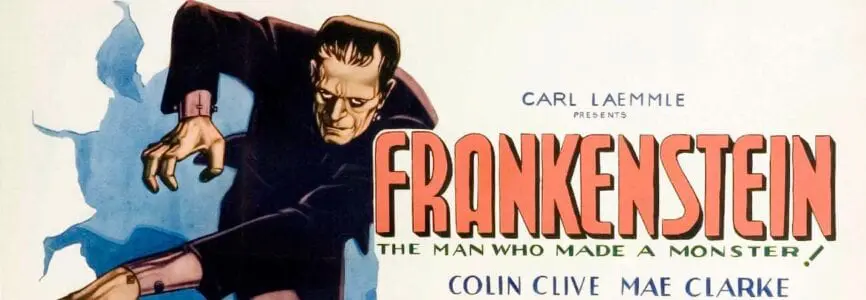Hastings Center News
Hastings Scholar on Public Radio’s “Science Friday”: “Frankenstein” at 200
Frankenstein, published 200 years ago this month, asked what it means to be human. In the age of CRISPR and artificial intelligence, that question endures. On Public Radio International’s “Science Friday,” Hastings Center director of research Josephine Johnston participated in a discussion about the novel and its relevance to science today. Listen here.
On the show, Johnston argues that one way of interpreting the novel is as a call for more responsible science. By acting alone and experimenting with excessive hubris, Victor Frankenstein was reckless in his actions, she argues. “I think that it’s actually a book that makes an argument for a good science, that’s thoughtful, and certainly not done in secret,” she says.
Last month, Johnston was interviewed about Frankenstein on Brains On!, a science podcast for “kids & curious adults” produced by American Public Media. Listen here.
She is the author of an essay in Frankenstein: Annotated for Scientists, Engineers, and Creators of All Kinds, which examines the moral responsibility of Victor Frankenstein. “We might compare Victor to some modern scientists who have stopped their work to consider its potential for harm,” Johnston writes, “such as those who gathered at Asilomar in the mid-1970s to consider the implications of research on recombinant DNA or those who recently called for a moratorium on germline gene editing.”
Johnston is a principal investigator on a Hastings Center project on gene editing and human flourishing.

